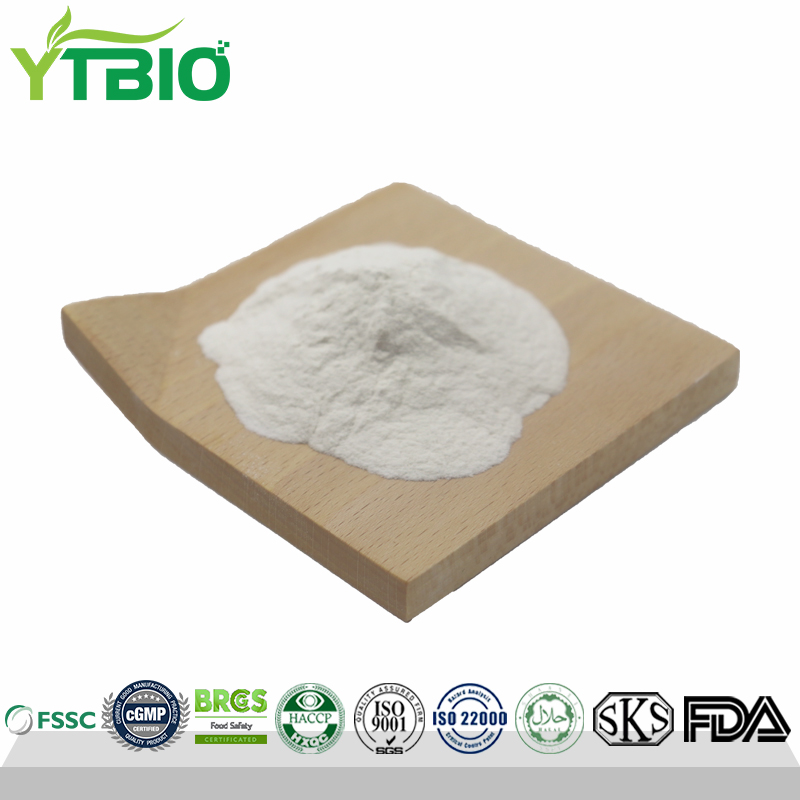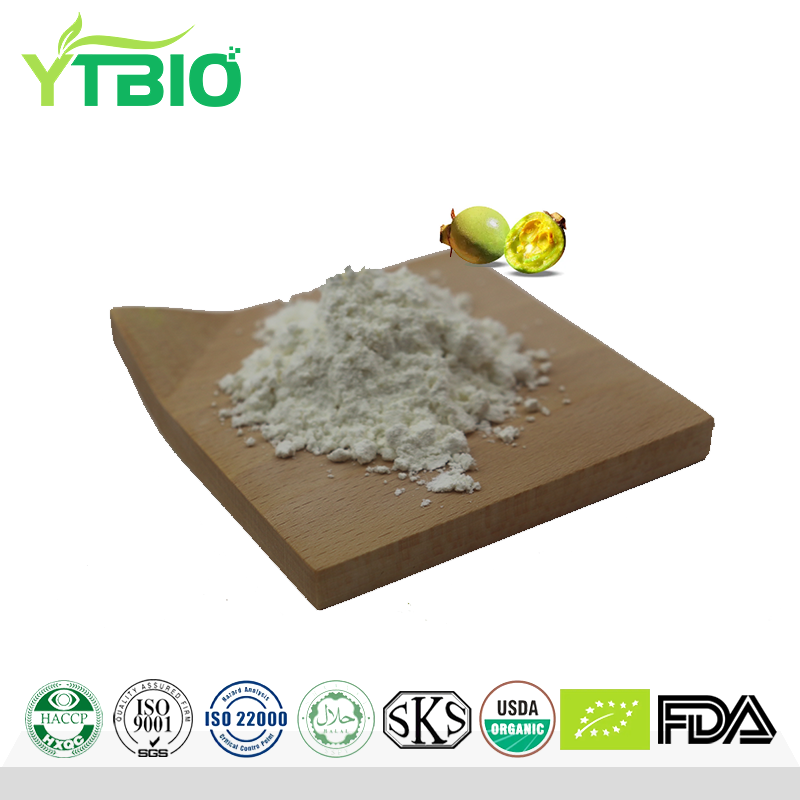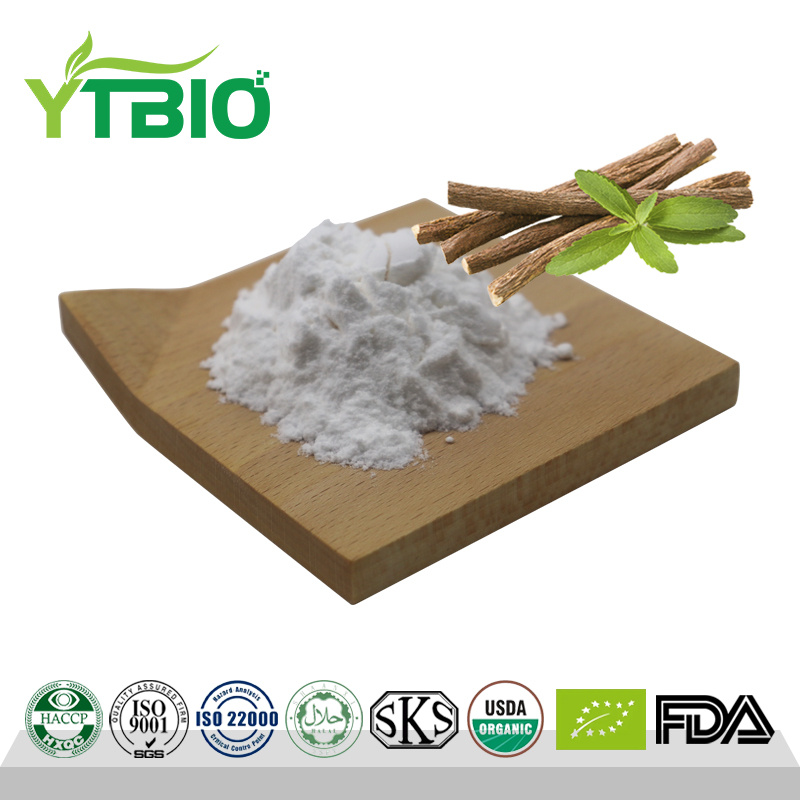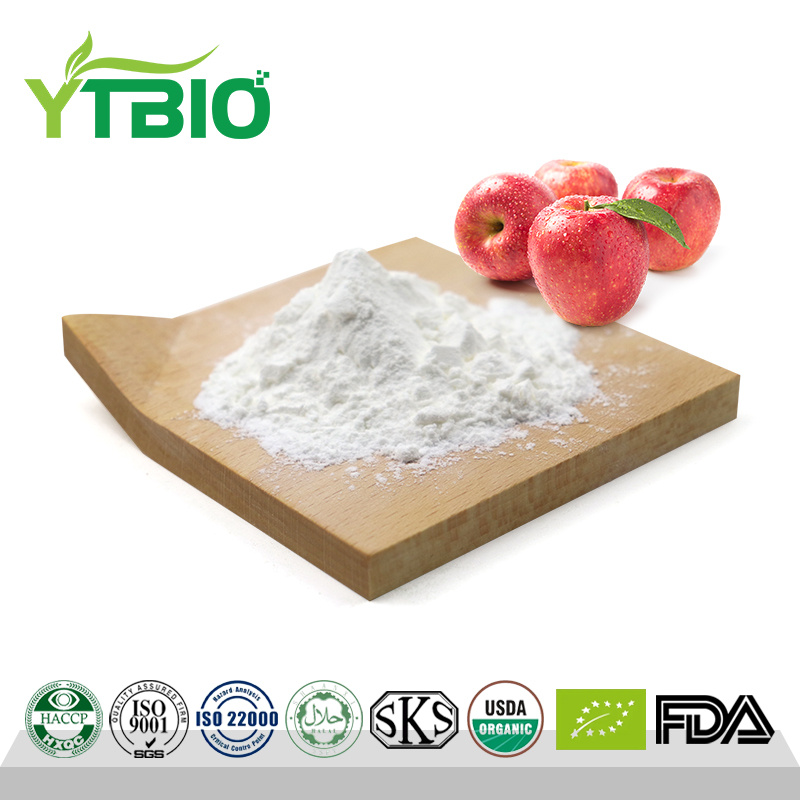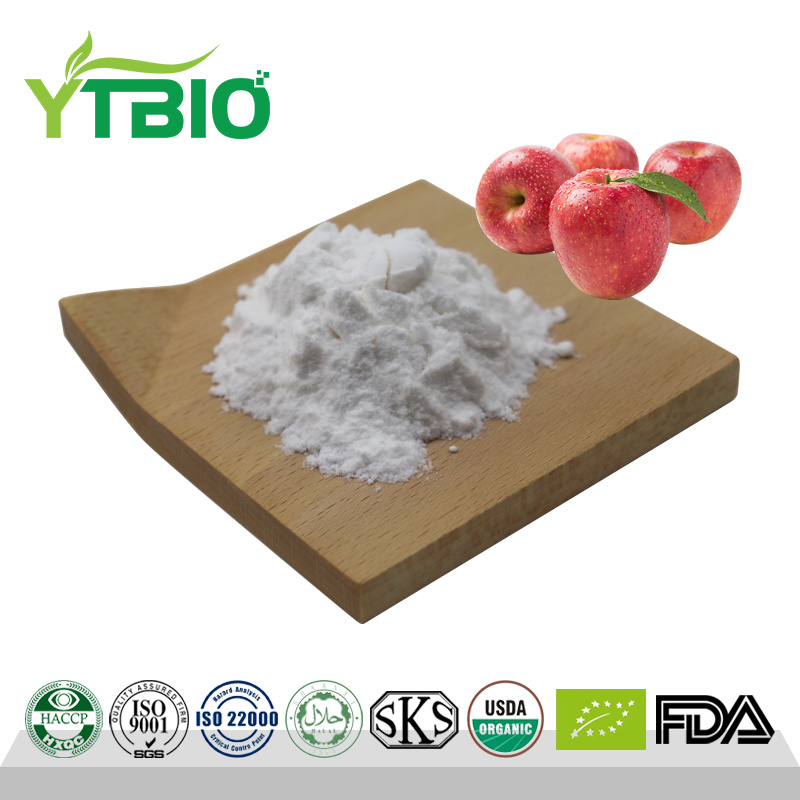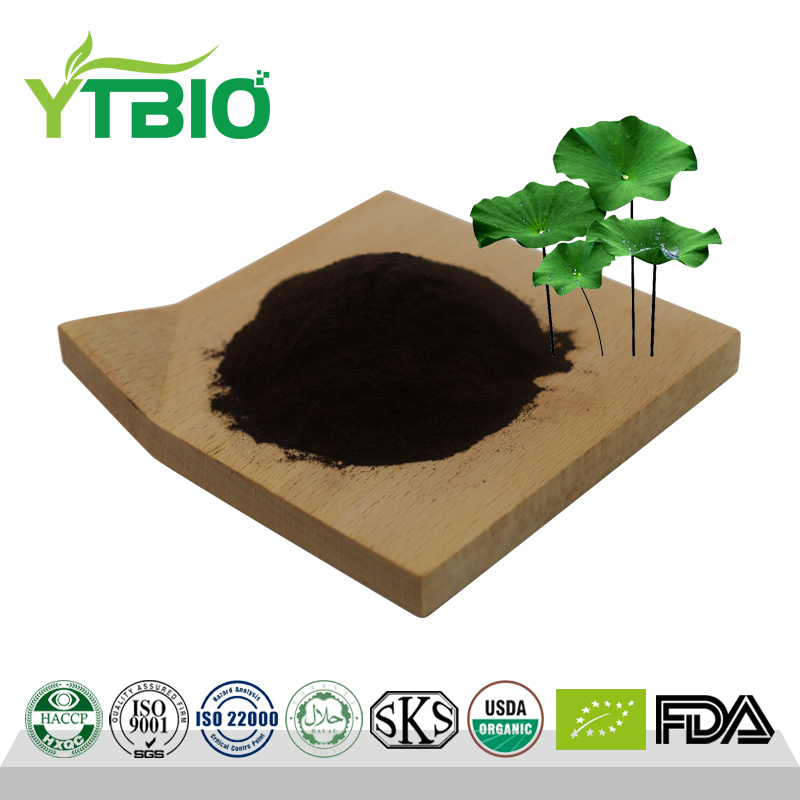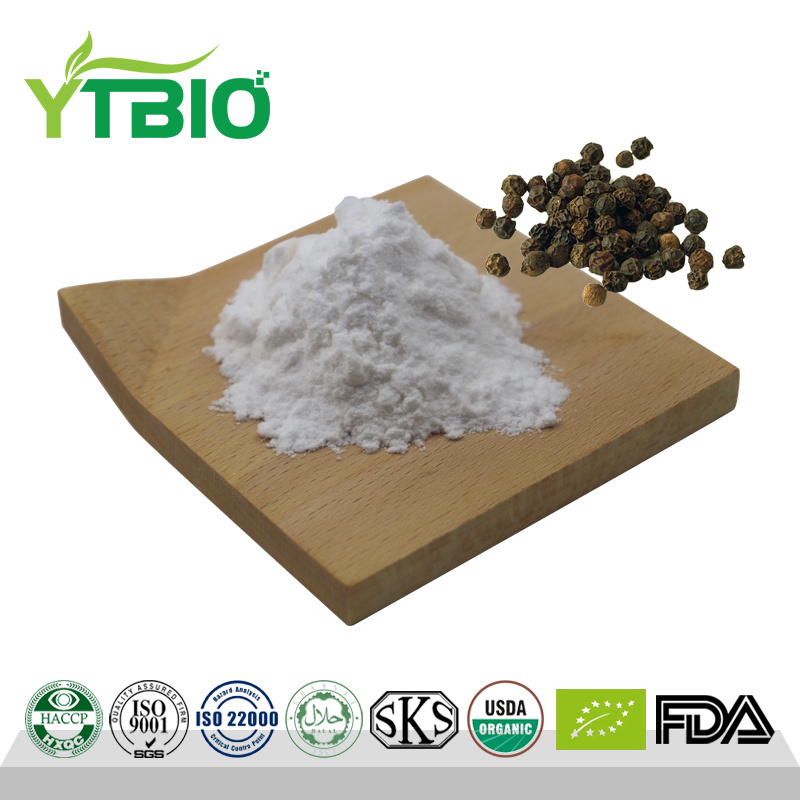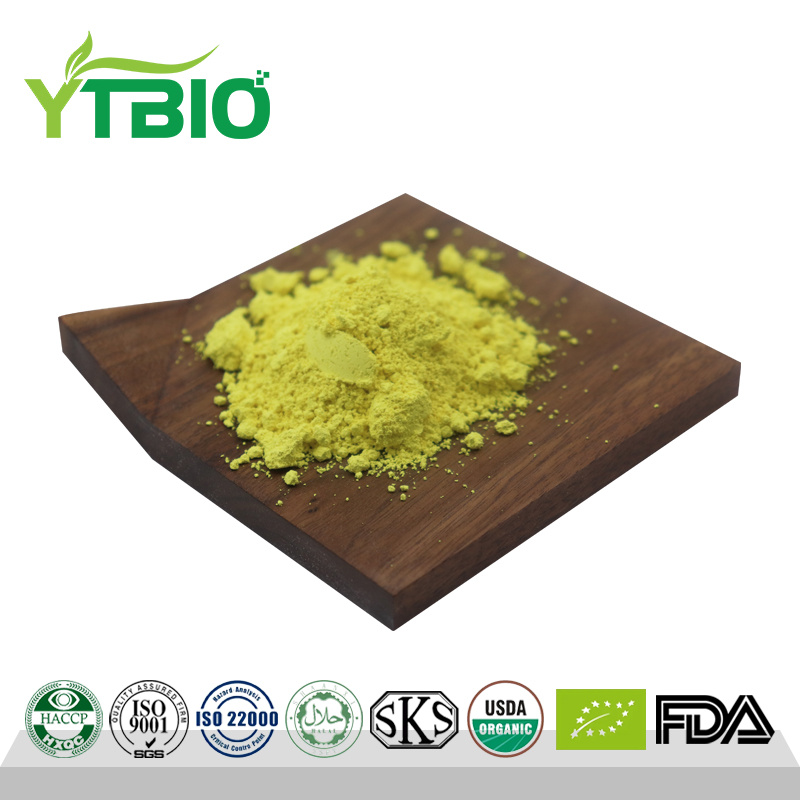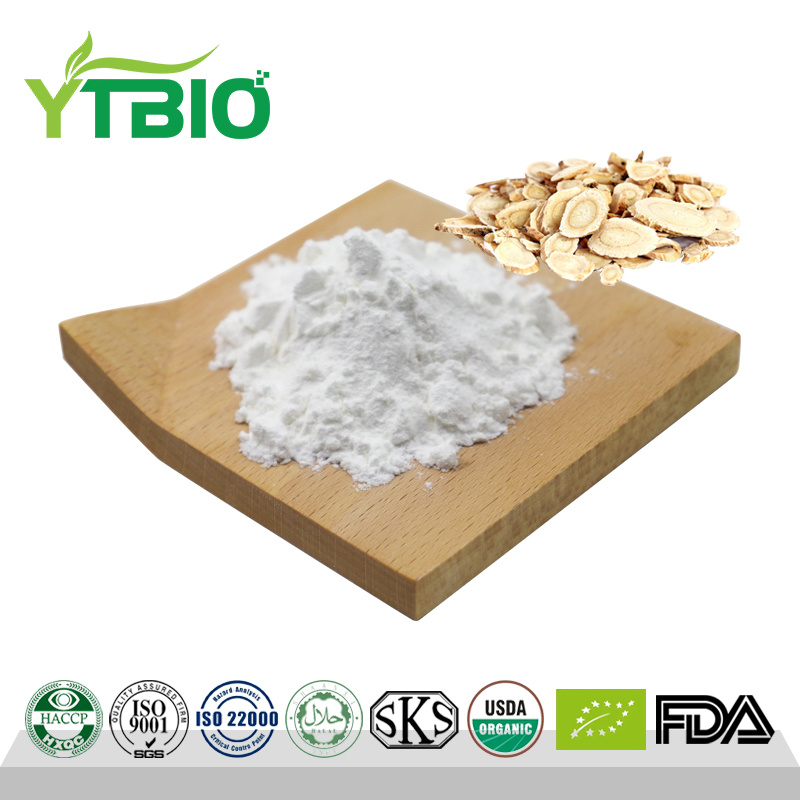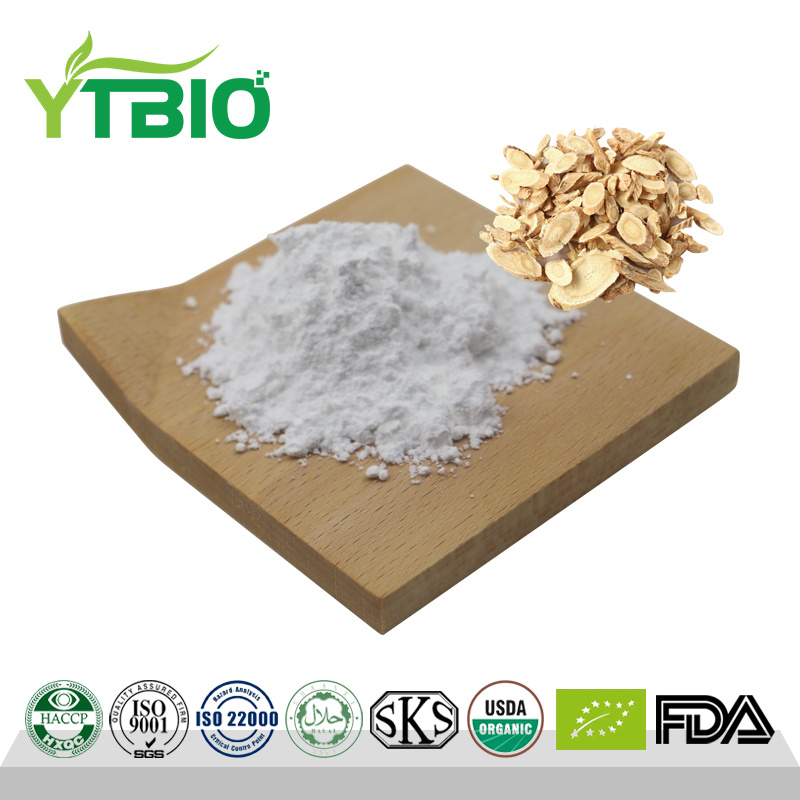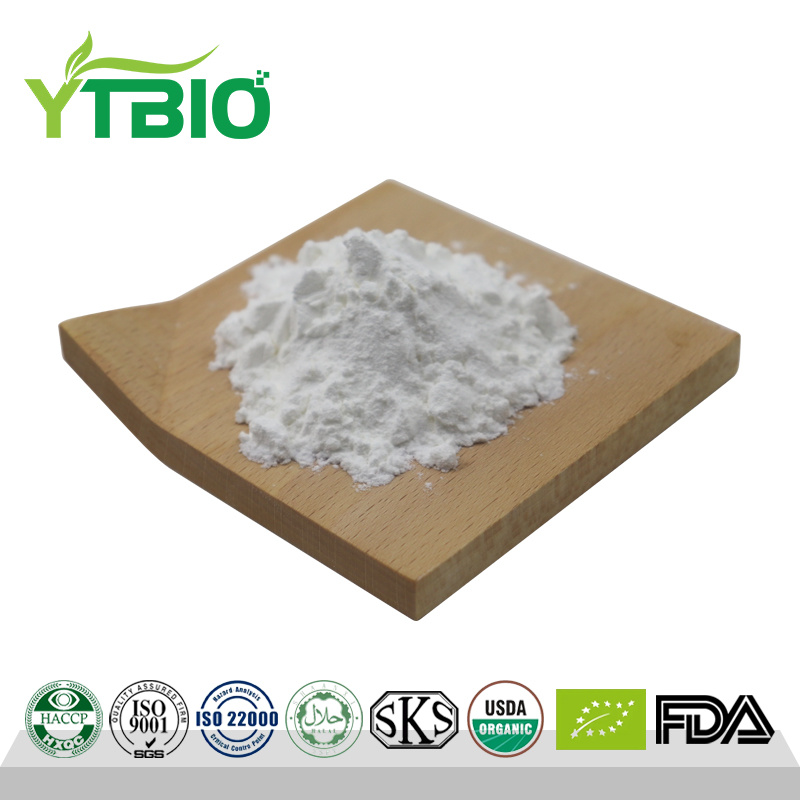Factory Wholesale D-Biotin 98%/Vitamin H/Coenzyme R/Vitamin B7 Powder
What is D-Biotin?
D-biotin, also known as vitamin H, coenzyme R or vitamin B7, is one of the eight water-soluble vitamins. As a coenzyme in many metabolic reactions in the body, D-biotin participates in lipid and protein metabolism, helping to convert food into glucose to provide energy for the human body. It is also essential for maintaining the health of the skin, hair and mucous membranes, and is a necessary substance for the synthesis of vitamin C and the normal metabolism of fats and proteins.
Biotin is known as the savior of the bald tribe. It can not only effectively prevent hair loss and thinning of the top of the head, but also prevent premature graying of hair. It plays an important role in maintaining skin health and has some benefits for depression and insomnia, although its efficacy in calming the nervous system has not been fully confirmed. In addition, biotin is a coenzyme for many carboxylases, acts as a CO2 carrier in carboxylase reactions, and is an essential nutrient for maintaining the natural growth, development and normal function of the human body.
| CAS | 58-85-5 |
| Molecular formula | C10H16N2O3S |
| Molecular weight | 244.31 |
| EINECS | 200-399-3 |
| Melting point | 231-233°C(lit.) |
| Specific rotation | 89º (c=1,0.1NNaOH) |
| Boiling point | 573.6±35.0°C(Predicted) |
| Density | 1.2693 (roughestimate) |
| Refractive index | 90.5°(C=2,0.1mol/LNaOH) |
| Solubility | H2O: 0.2mg/mL The solubility increases after adding 1NNaOH. |
| Acidity coefficient (pKa) | 4.74±0.10 (Predicted) |
Test report
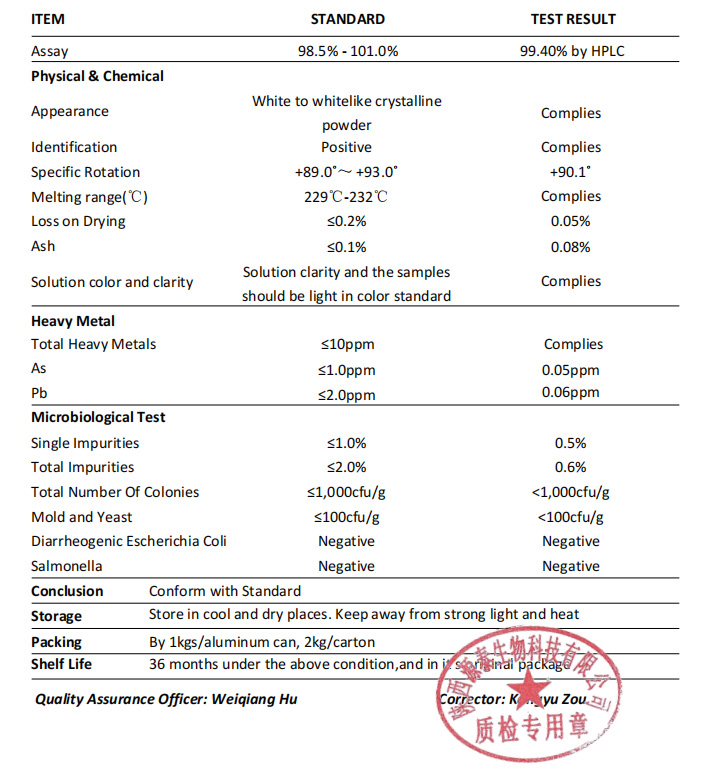
Physiological Functions
The human body requires approximately 100-300 micrograms of biotin daily. Avidin, a protein found in raw egg whites, can bind to biotin, preventing its absorption in the digestive tract, leading to biotin deficiency. Symptoms of this deficiency include loss of appetite, glossitis, seborrheic dermatitis, and hair loss. However, biotin deficiency has not been observed in humans, possibly because, in addition to food sources, intestinal bacteria can also synthesize biotin.
Biotin acts as a coenzyme for various enzymes and is involved in the following physiological functions:
Metabolic Functions:
● Helps with the normal synthesis and metabolism of fats, glycogen, and amino acids.
● Promotes the metabolism of vitamin B12, folic acid, and pantothenic acid.
● Supports the synthesis and excretion of urea, purine synthesis, and the biosynthesis of oleic acid.
Tissue Health:
● Promotes the normal function and growth of sweat glands, nervous tissue, bone marrow, male gonads, skin, and hair.
● Alleviates symptoms of eczema and dermatitis.
● Prevents gray hair and hair loss, and helps treat baldness.
● Eases muscle pain.
Disease Treatment:
● Used in the treatment of arteriosclerosis, stroke, lipid metabolism disorders, hypertension, coronary heart disease, and circulatory disorders.
Synergistic Effects:
● Works more effectively when used in conjunction with vitamin A, vitamin B2, vitamin B6, and niacin (vitamin B3).
Supplementation Recommendation
Biotin stays in the human body for only 3-6 hours, so it needs to be supplemented daily to maintain normal physiological functions.
Applications
Health Uses
Biotin, also known as vitamin H, helps the body convert food into energy and supports cell health and regeneration. It plays an active role in improving blood sugar regulation for diabetic patients and is an essential nutrient for maintaining healthy hair and nails.
Biotin promotes the breakdown of fats and carbohydrates, accelerating their conversion into energy required for body activities. When biotin levels are insufficient, fats tend to accumulate, leading to obesity. This discovery provides scientific evidence for the use of biotin in weight loss and slimming health supplements, opening up broader market potential.

Cosmetic Uses
Biotin has significant beauty effects, helping to maintain fair skin and smooth nails. In cosmetics, biotin can increase the blood circulation rate of skin blood vessels. At concentrations ranging from 0.1% to 1.0%, it easily mixes with the oil phase in formulations. As a result, it is widely used in skincare creams, sports liquids, foot pain relief creams, shaving lotions, and shampoos.


